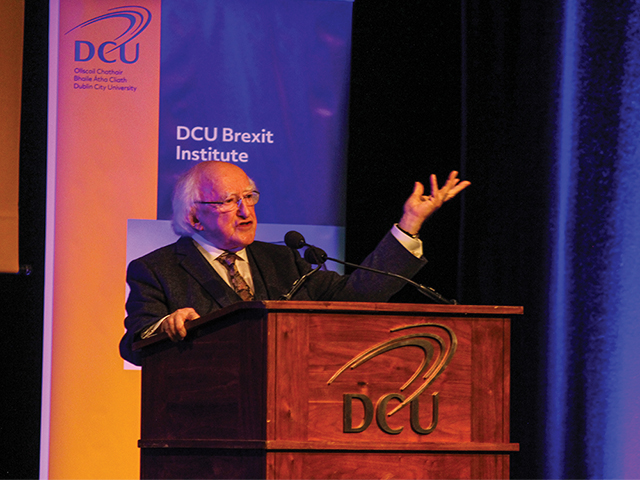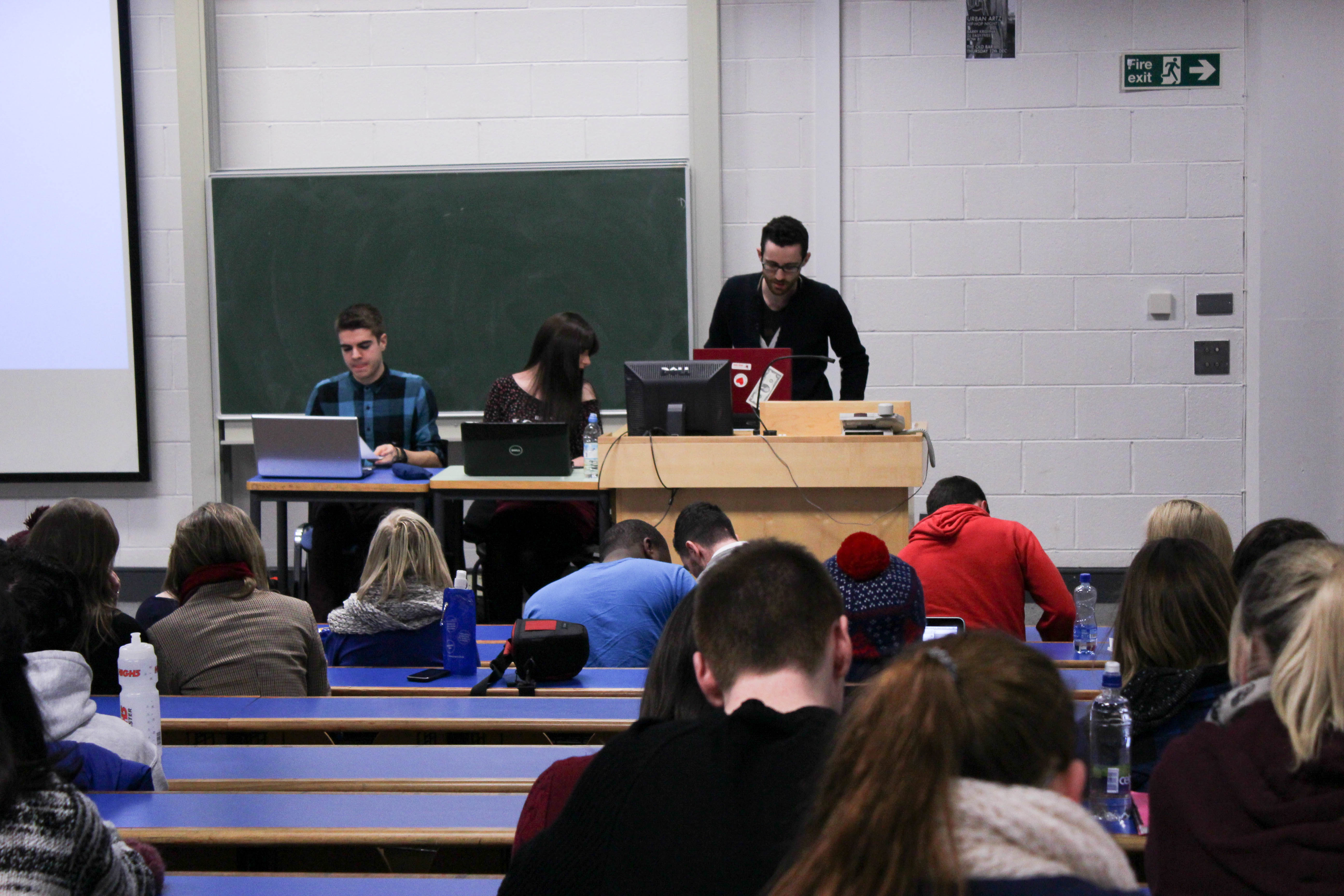
[dropcap]On[/dropcap] the 23rd of June 2016, there was a seismic change that reverberated throughout the continent of Europe. Social media was flooded with responses of shock and, in some cases, outrage at the results of the referendum.
There were two distinct groupings of people; those with blue and yellow clothing and those with blue and red. There were chants, there were posters and protests but as the result came in, there were only questions.
What will Britain do now? How will this affect the relationship between Britain and Ireland? Will this affect the number of digestives we get in each packet of biscuits? But one question which was never really asked despite its importance was: how will Brexit affect the future of the EU?
Britain was the second biggest grouping in the union after Germany and accounted for 12 percent of EU gross domestic product, according to a report produced by the European Commission and analysis by The Financial Times. This, of course, will have a notable impact on the EU as a whole.
This departure will also mean the EU’s economy will be smaller than America’s. However, despite that, not everything about the UK leaving is negative. Without the UK, the EU’s savings rates are higher, the economy is growing faster and the UK underperforms for growth export compared to the rest of the union, according to the European Commission report.
However, a prosperous future for the EU is more than just looking at the facts and figures. President of Ireland, Michael D. Higgins, believes we need to dispel any thoughts of dividing people based on their nationality, race or religion in order to rebuild the trust of the union. He believes that it’s a necessity for the EU to have a flourishing future.
Speaking at the launch of the DCU Brexit institute, President Higgins was beseeching people, and politicians in particular, to embrace the diversity of the European Union and to stop allowing discrimination to seep into the union.
“In the absence of an adequate and inclusive discourse, and emboldened by those who seek to mimic the language of the far-right for short-term electoral advantage, these political forces – exploiting and drawing on the despair, alienation and anomie of so many citizens – seek to divide us against one another on the grounds of ethnicity, religion and nationality,” the President said.
“As a consequence, economic and social cohesion has fractured, and political policies resiling to, and deploying, rhetoric once thought banished from the continent of Europe have seized their moment and begun to re-emerge.
“While not succeeding in recent electoral contests to achieve majorities in the short term, their gains represent a formidable challenge to any future social cohesion.”
In recent years, there has been an irrefutable increase in thinking that the EU has departed from the ideals which it was originally established to abide by.
According to a report from the Centre for European Reform, Britain leaving the EU will affect the way of thinking of European Institutions – in both positive and negative ways.
This can be seen in particular in the case of Britain’s reluctant agreement for free movement of workers, because of the public’s hostility towards immigration. The Centre of European Reform believes that Britain is not the “liberal, internationalist paragon” it claims to be, and because of Brexit we might see a more inclusive and welcoming union.
In order to prevent other member states from vacating the EU, the Chairman of the UK House of Commons Committee on Exiting the EU, Hilary Benn believes that the EU needs to ask itself why a member state decided to leave the union.
The decision was obviously not something that was taken lightly and Benn, who was and still remains a strong believer in staying, believes that in order for the EU to have a propitious future, perhaps it should examine and analyse the reasons why this has happened.
He said: “It will be for European citizens, the ‘European Street’ to decide, and in making that choice I hope the EU will, at some point, pause and quietly ask itself how it came to lose one of its most important member states,” he said.
But, before any progress can really be made in terms of the EU’s future, both MP Hilary Benn and Tanaiste Simon Coveney believe that the EU and the UK need to determine their relationship.
While nobody can comprehensively predict everything that will happen on the continent of Europe due to the dichotomy between Britain and the EU, one thing is clear. The EU was established to provide inclusion and a unilateral movement and even without the inclusion of Britain, President Higgins believes that this purpose must still be upheld.
He said: “The demand for social cohesion was, we should not forget, recognised at the beginning of the Union… Our best aspirations, our sustainable future, can only be met by restoring social cohesion and promoting social justice within our institutions here at home, within the institutions of the European Union, and within our global institutions.”


